Earth Day: sustainable fashion giving the world a helping hand
Shopping luxury with a greener conscience has been simplified thanks to these forward-thinking firms
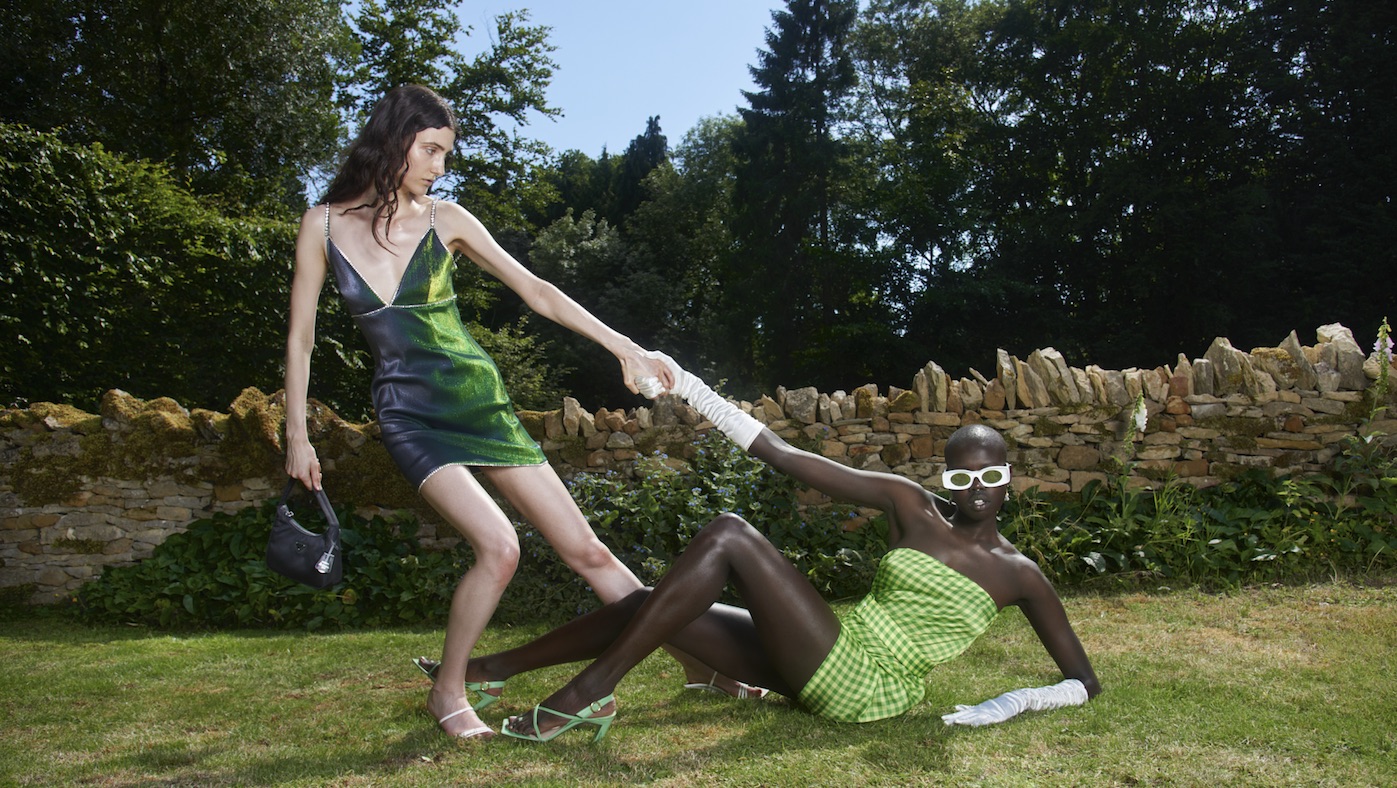
A free daily email with the biggest news stories of the day – and the best features from TheWeek.com
You are now subscribed
Your newsletter sign-up was successful
Earth Day on 22 April marks a time to reflect on our individual impact on the world, from our carbon footprint to our shopping habits. Here we look at five ways you can shop with a better social conscience.
The charity tote
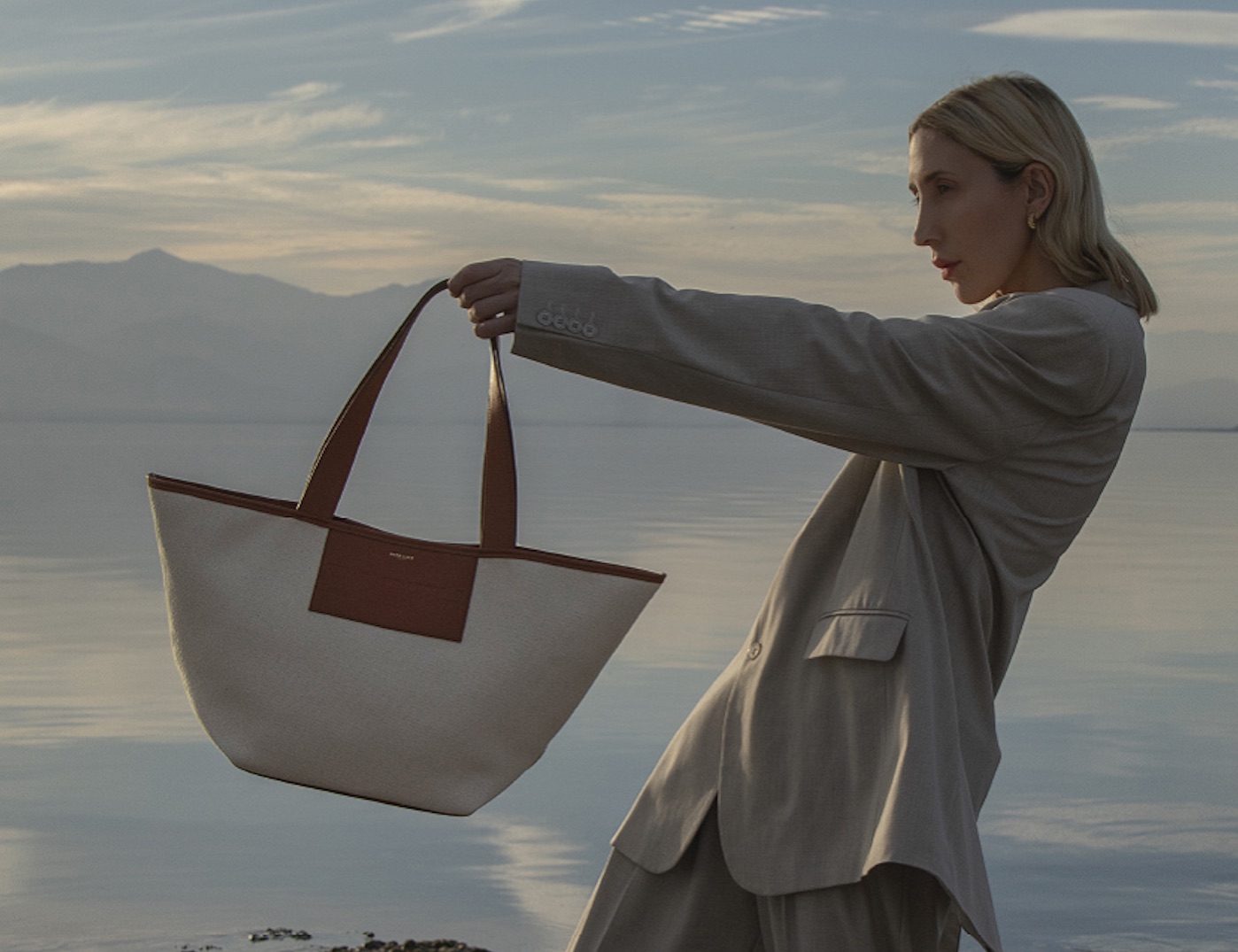
This impeccably stylish tote bag is hand-crafted at DeMellier’s family-owned factory in the south of Spain following strict ethical and sustainable practices: the leather is sourced from a leading Italian tannery awarded gold rating by the European Leather Group while the ecru canvas is made in Spain using organic cotton.
The Week
Escape your echo chamber. Get the facts behind the news, plus analysis from multiple perspectives.

Sign up for The Week's Free Newsletters
From our morning news briefing to a weekly Good News Newsletter, get the best of The Week delivered directly to your inbox.
From our morning news briefing to a weekly Good News Newsletter, get the best of The Week delivered directly to your inbox.
The design itself was imagined by American creative director Angela Fink (seen above), a leading force in the fashion industry who has worked as a curator, editor and celebrity stylist - she also co-helms the LA-based agency Dumont and is an ambassador for the environmental charity No More Plastic which will greatly benefit from this latest endeavour since 100% of the profits from the sale of each tote will be donated to the foundation.
DeMellier was founded by London-based designer Mireia Llusia-Lindh who has ensured that her business has strong ties with charity initiatives. Aside from this project, the label works closely with SOS Children’s Villages, a non-profit organisation that provides medical treatment to disadvantaged children around the world. So far, DeMellier bag sales have funded more than 170,000 vaccines and treatments. The EARTH tote, £185, is available from demellierlondon.com
A better wardrobe
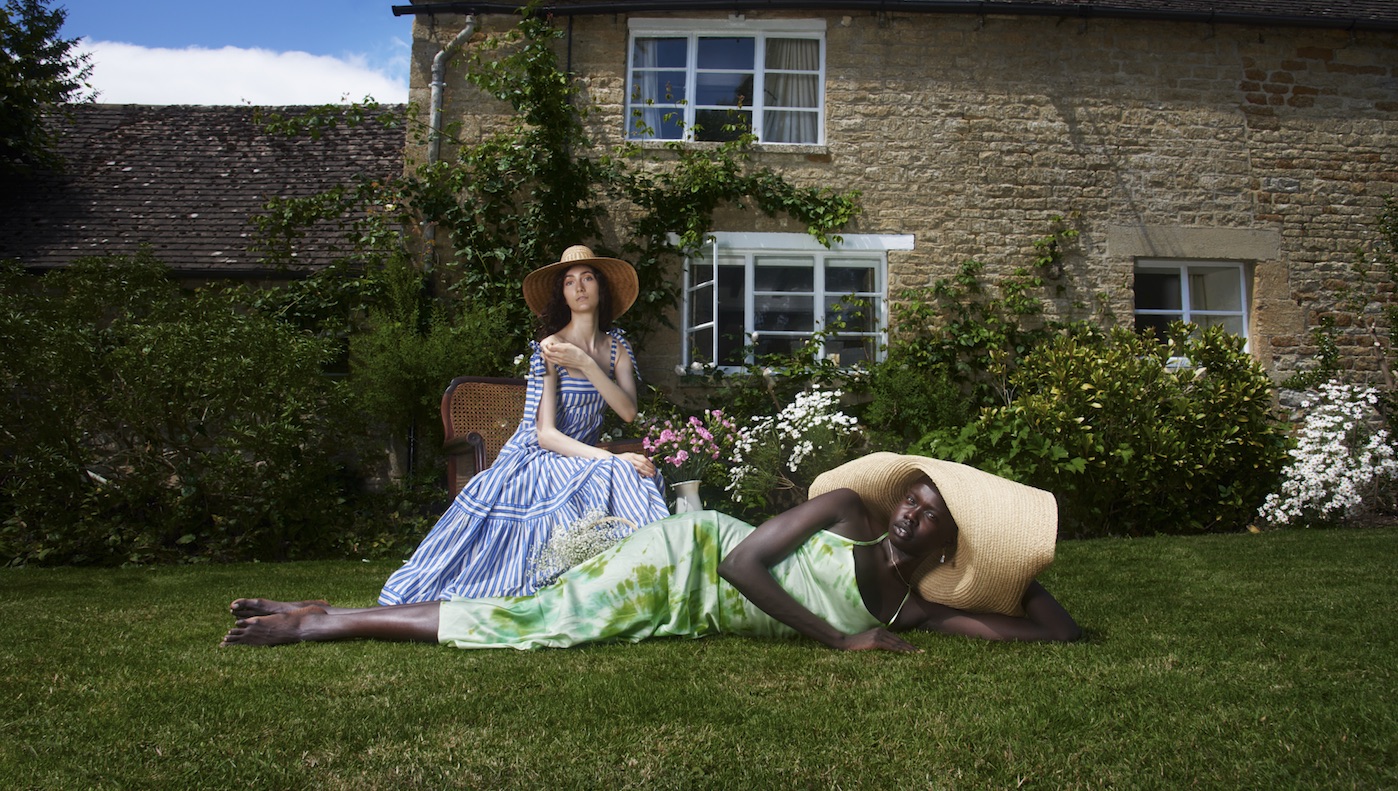
There has been a notable surge in the sale of pre-loved fashion over lockdown. For example, eBay reported that three second-hand purchases were made every second in 2020 in the UK, suggesting that consumers are looking at more cost-effective and sustainable ways to replenish their wardrobes.
A free daily email with the biggest news stories of the day – and the best features from TheWeek.com
One other option, particularly useful to those who want to stay ahead of the fashion curve, is the burgeoning business of apparel rentals. Rotaro is a rental platform founded by former WGSN trend forecaster, Georgie Hyatt and her partner Charlie Knowles, which is full of fabulous designs (everything from Prada and Jacquemus to Stine Goya and Shrimps) all available to rent for as little as £15 for a four-day loan period. There’s also the option to buy, with many pieces 70% off their original retail price.
The company is more creative than most when it comes to sustainability. It offers carbon neutral delivery with DPD with parcels packaged in biodegradable boxes and all rental garments are freshened up using Ozone Cleaning, an eco-friendly sanitising system that requires minimal energy and zero waste. More ambitiously, the company plants a tree for every rental and 500 trees for each new brand partnership sign up.
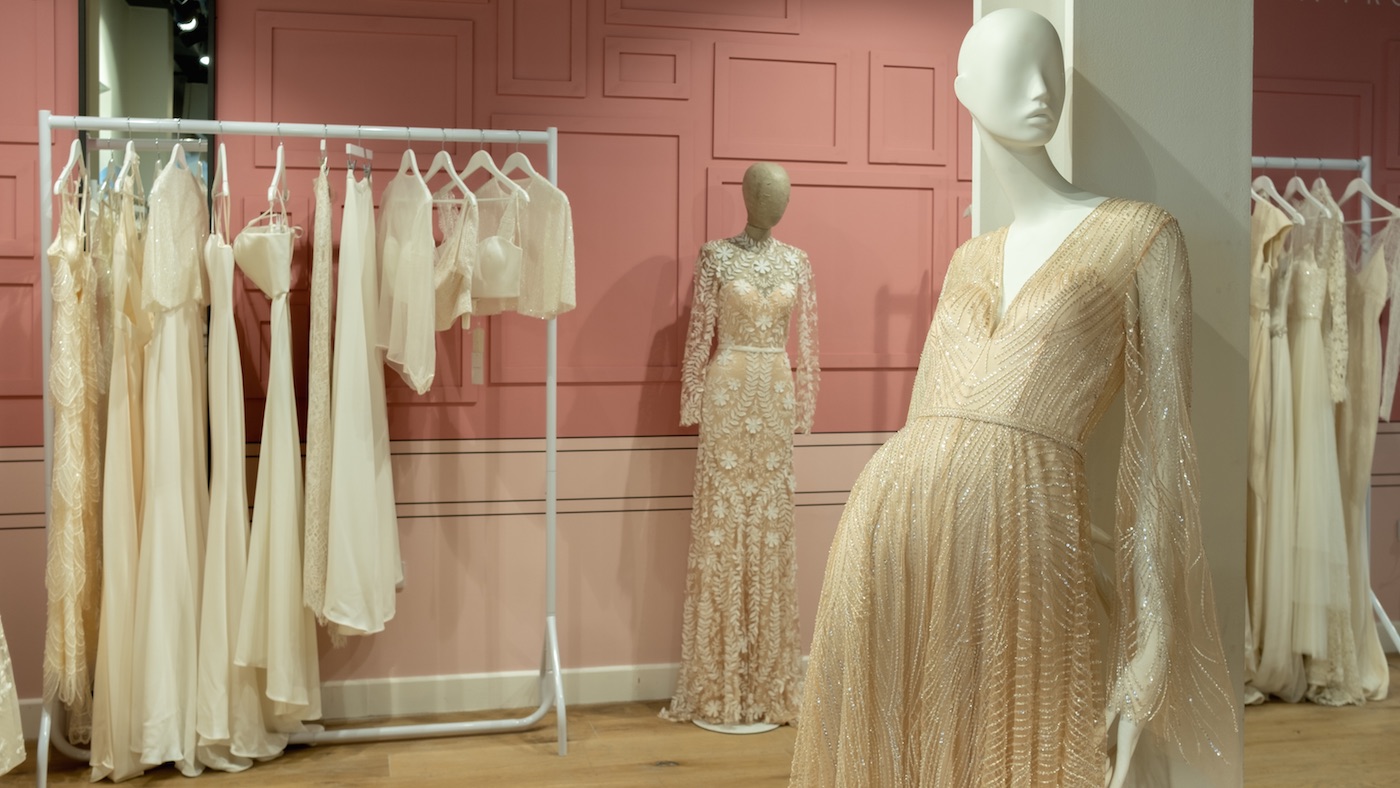
Here’s an extra something for brides-to-be too: designer outlet, Bicester Village in Oxfordshire, has just launched its first ever pre-loved pop-up store in collaboration with charities Smartworks and Brides Do Good, running until 9 May. Among the stunning collection of wedding dresses are designs by Catherine Deane, Halfpenny London, Roksanda, Sassi Holford, Savannah Miller and Savin London. If you’re not about to tie the knot, there’s still plenty to fall in love with, including stand-out pieces by Ganni, Victoria Beckham and Emilia Wickstead, many with celebrity provenance!
Scandi sustainability
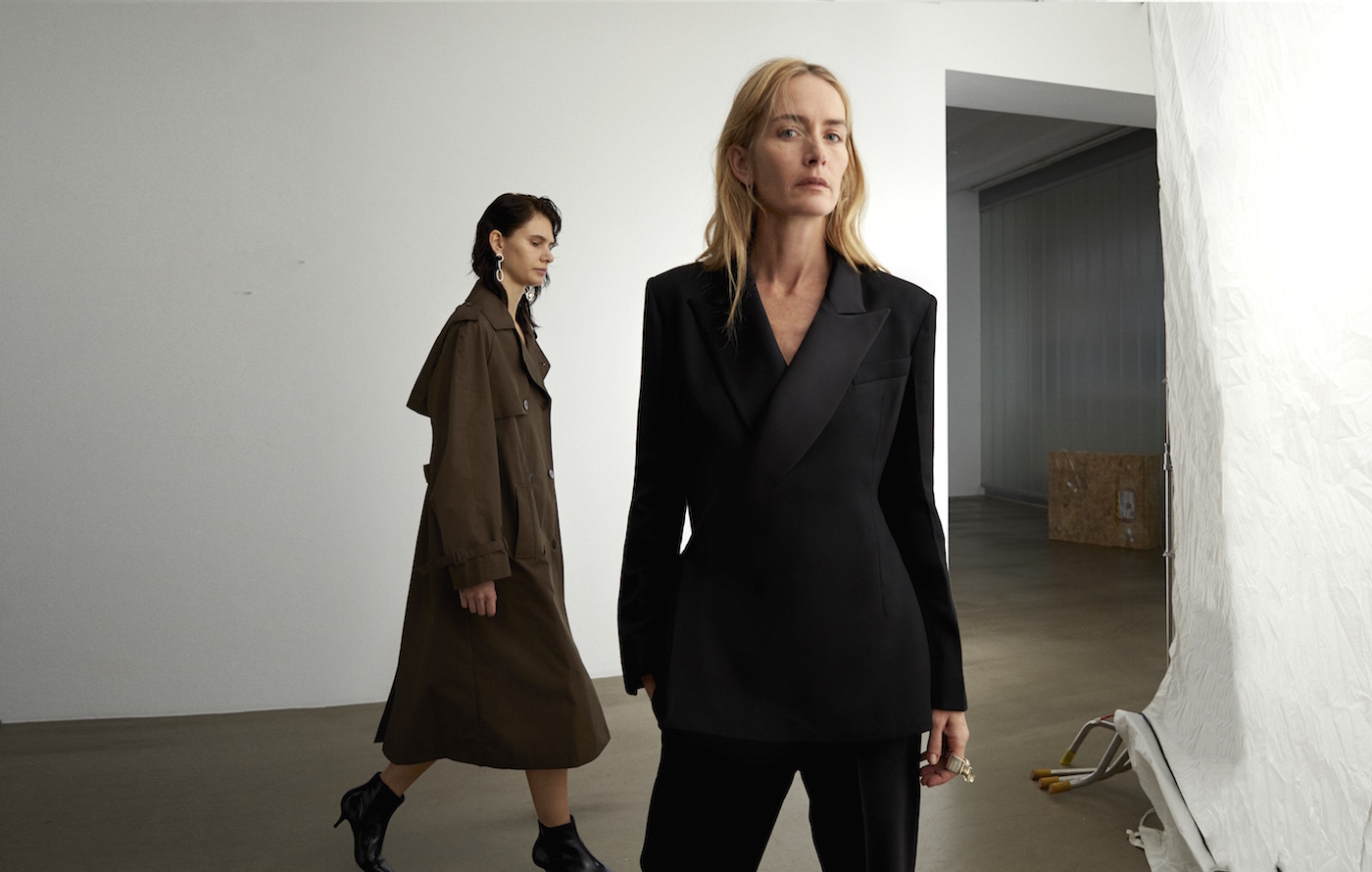
Who doesn’t love the cool minimalism of Scandi fashion noted for its crisp and unfussy approach to design? If you are looking for elevated classics, BITE Studios has, well, extra bite. The award-winning luxury womenswear brand, based between London, Gothenburg and Stockholm, prides itself on being 95% sustainable. A considerable slice of this impressive percentage has to do with the materials it sources for its collection, mainly certified organic or recycled.
The label tends to favour natural fibres, but ensures that any man-made textiles have low environmental impact. For example, a great deal of its recycled nylon comes from discarded fishing nets and some leather textures have been crafted from pineapple leaf fibre. However, BITE’s biggest draw has to be its very green loyalty scheme: customers can sell back their items for 20% of their original value at any time to be repurposed into new collections. To mark Earth Day, BITE will be also be donating 20% of all online sales between 19-23 April to Cool Earth, a charity that helps to curb tropical deforestation.
Sustainable sparkles
More and more fine and high jewellery brands are embracing transparency when it comes to their sourcing chain. Earlier this year for example, Tiffany & Co announced that it would share the full background of its newly sourced diamonds above 0.18 carat with its clients.
The De Beers Group, which also owns the Forevermark brand, known for using rare and responsibly sourced diamonds, has established a plan called Building Forever outlining its 2030 ethical goals, which also includes the promise of communicating the origin and impact of every diamond it sells, as well as reducing water footprint by 50%.
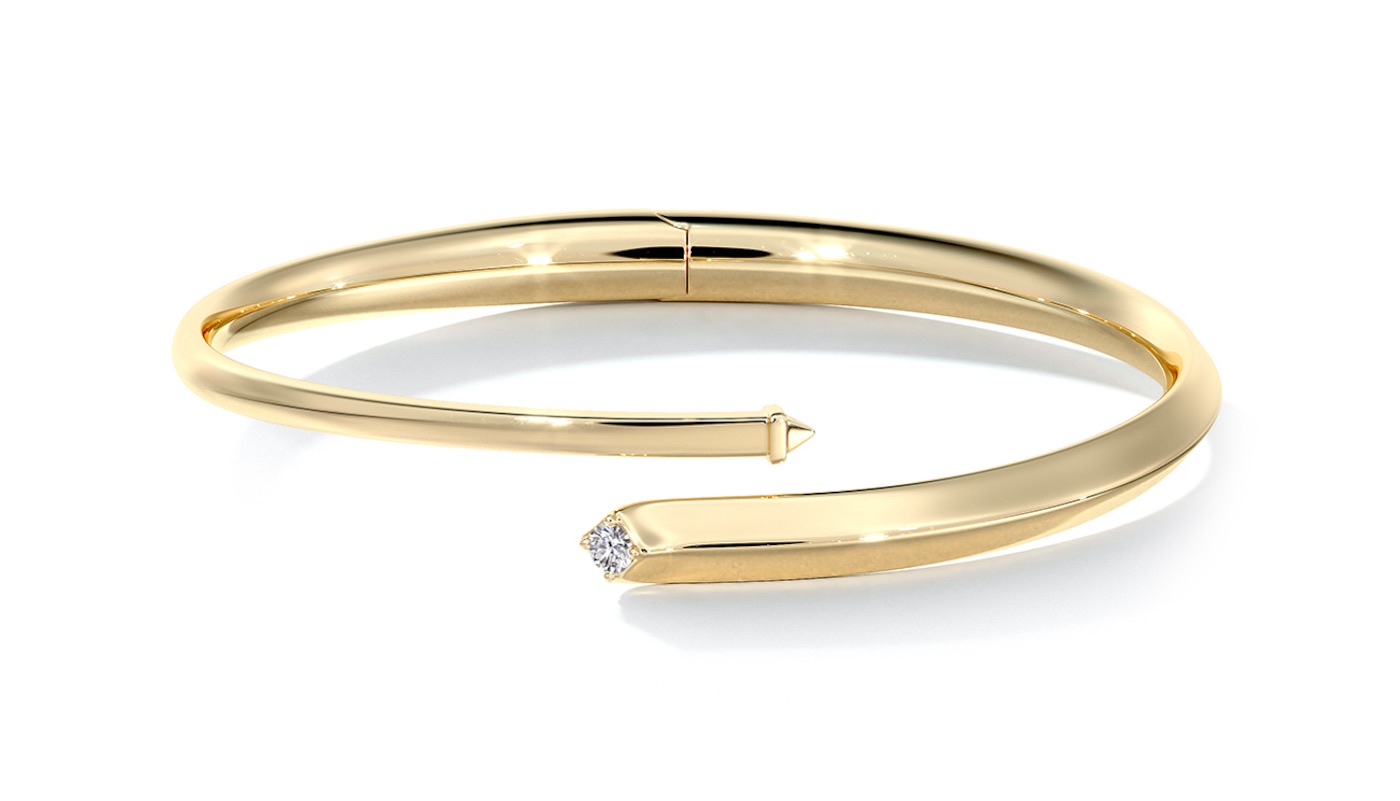
In addition to these big industry developments in the world of diamond mining, a number of nascent brands are setting synthetically made diamonds in their designs - in fact, De Beers-owned company Lightbox opened a $94m (£67.5m) manufacturing facility in Oregon in October, proving that lab-grown rocks are an increasingly important part of this evolution towards a more eco-friendly and fair trade landscape in luxury jewellery.
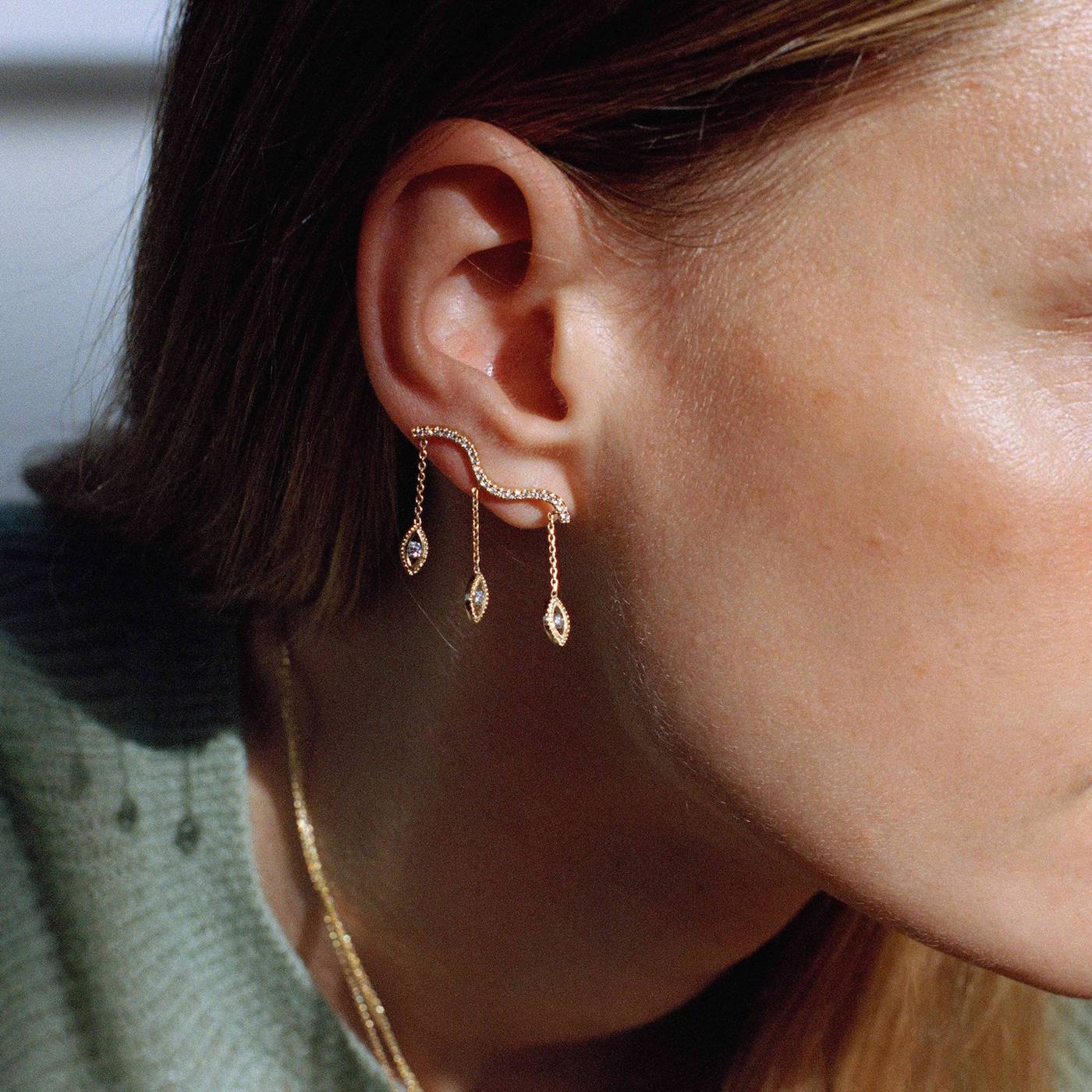
Founded in 2018, fine ethical jewellery brand Kimaï uses lab-grown diamonds and 18ct recycled gold to create beautiful classic pieces which are handcrafted in Antwerp, known as the diamond capital of the world. The marque is the brainchild of childhood friends Jessica Warch and designer Sidney Neuhaus, who is a GIA-certified gemologist. Pieces regular make the pages of British Vogue and fans include Jessica Alba and Meghan Markle who famously wore the marque’s Felicity earrings (above) during a visit to London’s Smart Works charity in 2019. Kimaï's new Aimie bracelet (£215), comprising seven lab diamonds on a cord made from 100% recycled plastic bottles (available in six colours), has been released in partnership with charity organisation TreeSisters. Five trees will be planted for every bracelet sold, making it quite the statement piece.
Brand new on the synthetic diamond scene is Matilde, founded just last year by José Mourinho’s daughter Matilde Faria Mourinho Felix. Offering slightly more romantic silhouettes, designs are crafted from 14ct recycled gold with lab diamonds and are often inspired by Portuguese art and culture. The swirly “Coração de Viana” abstract heart pendant you see below is the sacred symbol of the city of Viana do Castelo and represents honesty and generosity.
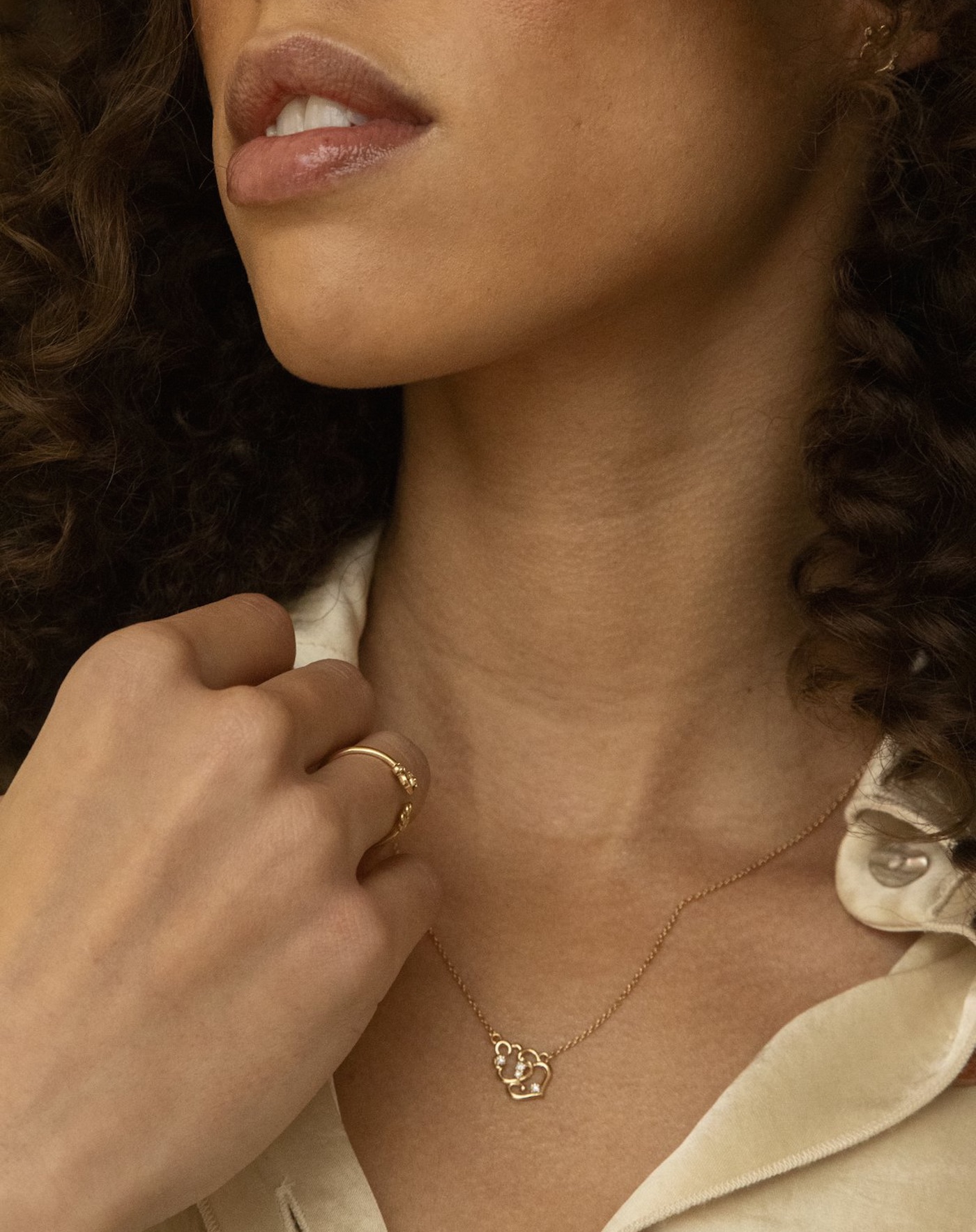
Beauty with a conscience
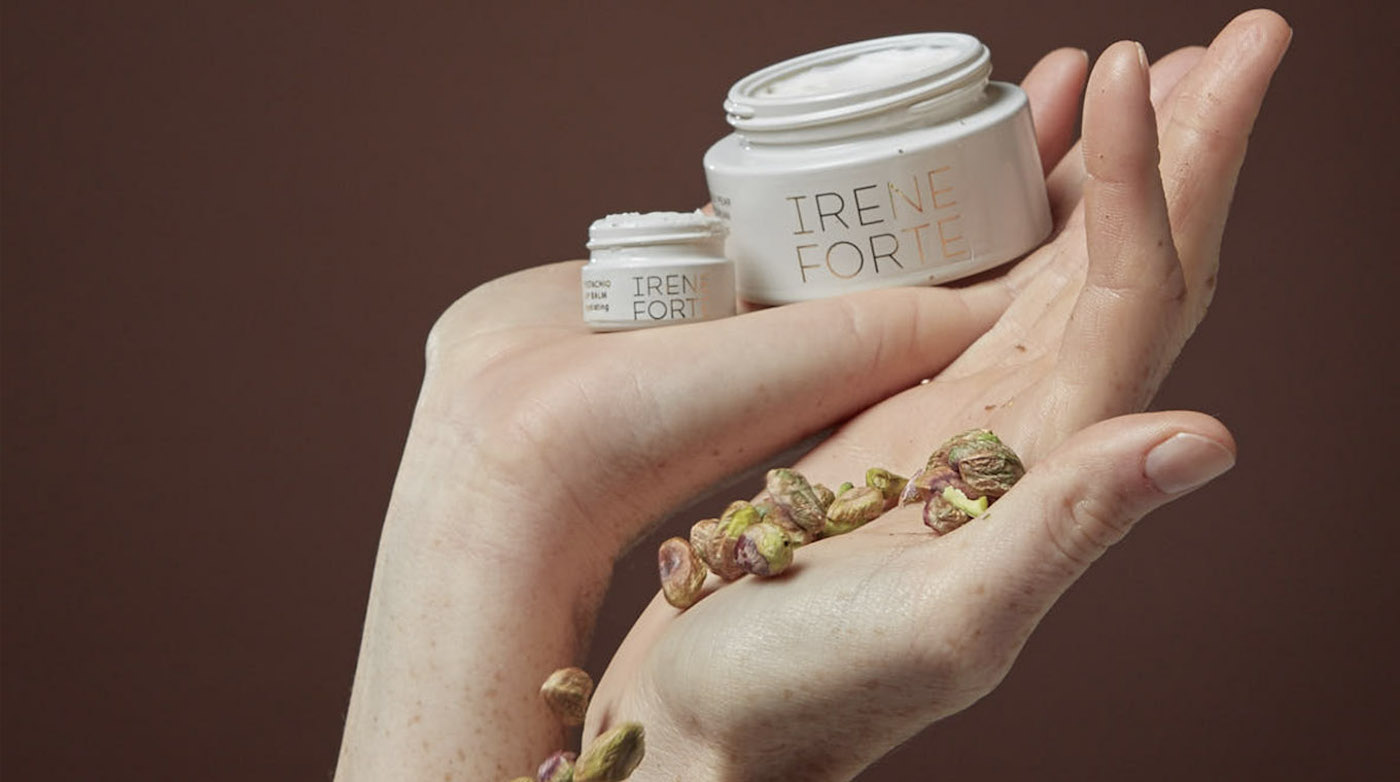
You may be shocked to hear that less than 10% of plastic waste is recycled and that the beauty industry has a significant part to play in the problem of single-use products, which pollute oceans and drinkable water sources, not to mention clogging landfills. Thankfully some beauty brands - including Molton Brown, L’Occitane and vegan brand Fiils - are leading the way with refillable products, which can be replenished thanks to pouches, which are often biodegradable.
A trailblazer in the luxury sphere is Irene Forte, whose eponymous vegan skincare brand (sold at Net-a-Porter and Liberty) is founded on the principles of fair trade and natural ingredients, grown on a dedicated organic farm in Sicily. Now her prestige skincare brand, which already uses recycled glass and boxes, has partnered with the UK-based sustainability company First Mile in an effort to make its packaging even more eco-friendly. First Mile will recycle the refillable pouches, as well as the “hard-to-recycle” lids and pumps, converting them into pellets to make new plastic products for things such as car parts and pipes. The process couldn’t be more straight-forward for the customer: skincare products will include a prepaid return address so that parcels can be easily popped into a postbox.
Speaking about this latest development, Forte said: “The cosmetic industry is the biggest user and waster of single-use plastic. ‘Zero Waste’ reported that more than 120 billion units of packaging are produced every year by the global cosmetics industry, most of which are not recyclable. We are trying to minimise our contribution to the crisis by creating a circular product.”
The future looks bright
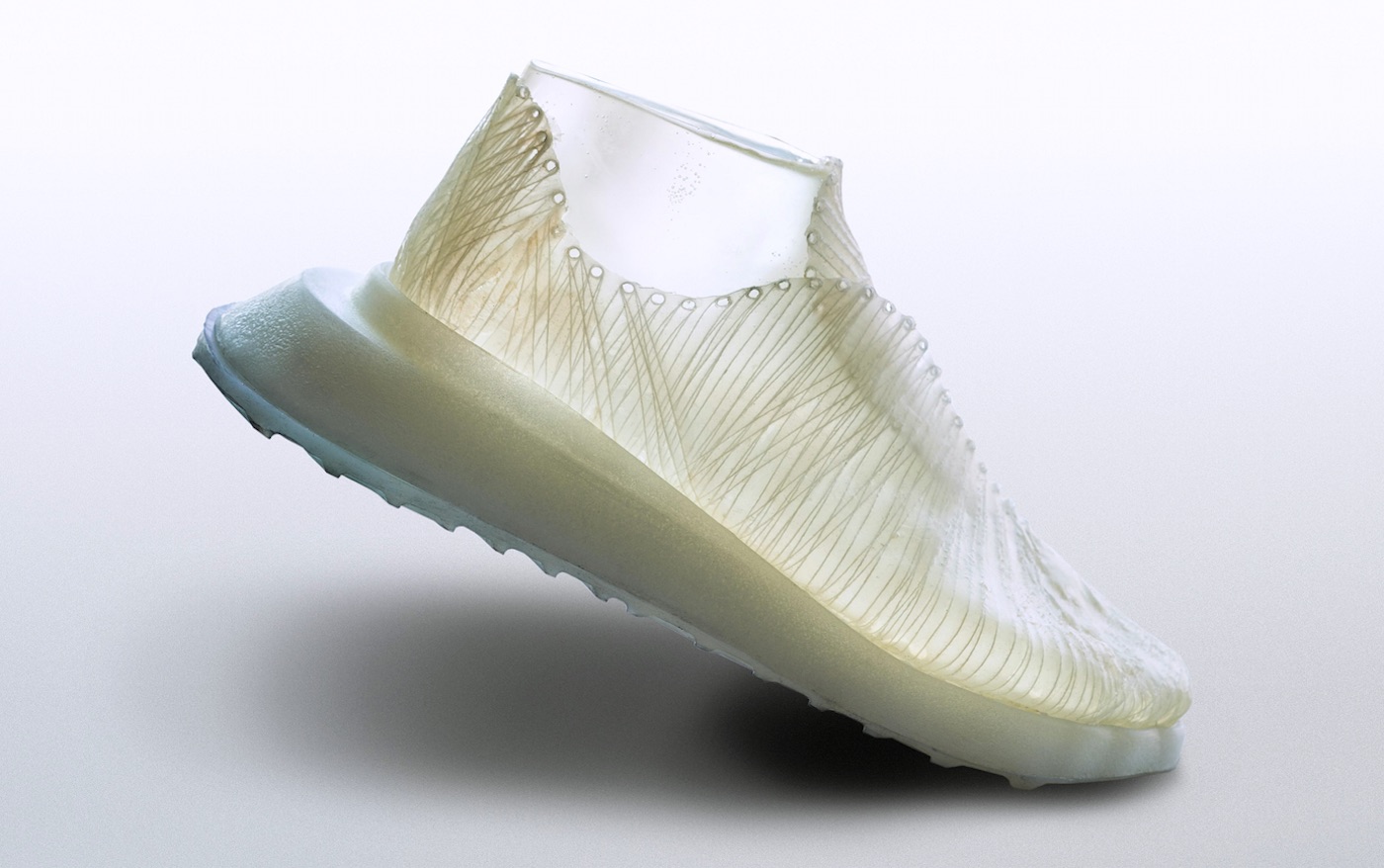
The Mills Fabrica is a new fashion tech incubator that has just set up home in London’s King’s Cross. Founded by Hong-Kong entrepreneur Vanessa Cheung, the platform is dedicated to start-ups and projects that are driven by a desire to reduce environmental impact. One visionary business under her wing is Modern Synthesis, a super smart company dedicated to the design and science of biomaterials (ie. lab ‘grown’ textiles), led by a cross-functional team of scientists, designers and researchers. The team are currently developing a microbial weaving process by which bacterial grow a weft around warped fibre thanks to a fibrous material called nanocellulose.
Modern Synthesis CEO Jen Keane told The Week Arts & Life: “The future is grown, not manufactured. Our aim is to evolve the way we make fashion materials, enabling sustainable creation with biology. Nature has had 3.8 billion years to perfect the ultimate circular economy, which is life. We believe we can learn a lot from biology in our approach to making materials.”
Ananas Anam, based in London’s Somerset House, is another innovator worth noting: it develops and manufactures Piñatex®, a natural material made from pineapple leaf fibre, which is an agricultural by-product. The company was founded by Dr. Carmen Hijosa who wanted to find a sustainable alternative to leather having spent 15 years in the design and manufacturing of leather goods. Following a PhD at the Royal College of Art completed as a mature student, the 69-year-old threw herself into this remarkable project and has since grown into a burgeoning business with strong list of fashion clients including H&M, Hugo Boss and Paul Smith.
Alexandra Zagalsky is a London-based journalist specialising in luxury, art and travel. She began her career working on a cultural guide for English-speaking expats in Paris, where her first major break was an interview with Lionel Poilâne, the late baker of Saint-Germain-des-Prés famed for his signature sourdough loaves. Returning to London in her early 20s, she went on to write for not only The Week but also The Art Newspaper’s Art of Luxury supplement, The Telegraph and The Times, as well as art and design platforms including 1stDibs’ Introspective Magazine and the magazines of the V&A, Sotheby’s and Christie’s. She studied fine art and art history at Goldsmiths, University of London and continues to explore travel journalism through the lens of art, craftsmanship and culture.
-
 6 of the world’s most accessible destinations
6 of the world’s most accessible destinationsThe Week Recommends Experience all of Berlin, Singapore and Sydney
-
 How the FCC’s ‘equal time’ rule works
How the FCC’s ‘equal time’ rule worksIn the Spotlight The law is at the heart of the Colbert-CBS conflict
-
 What is the endgame in the DHS shutdown?
What is the endgame in the DHS shutdown?Today’s Big Question Democrats want to rein in ICE’s immigration crackdown
-
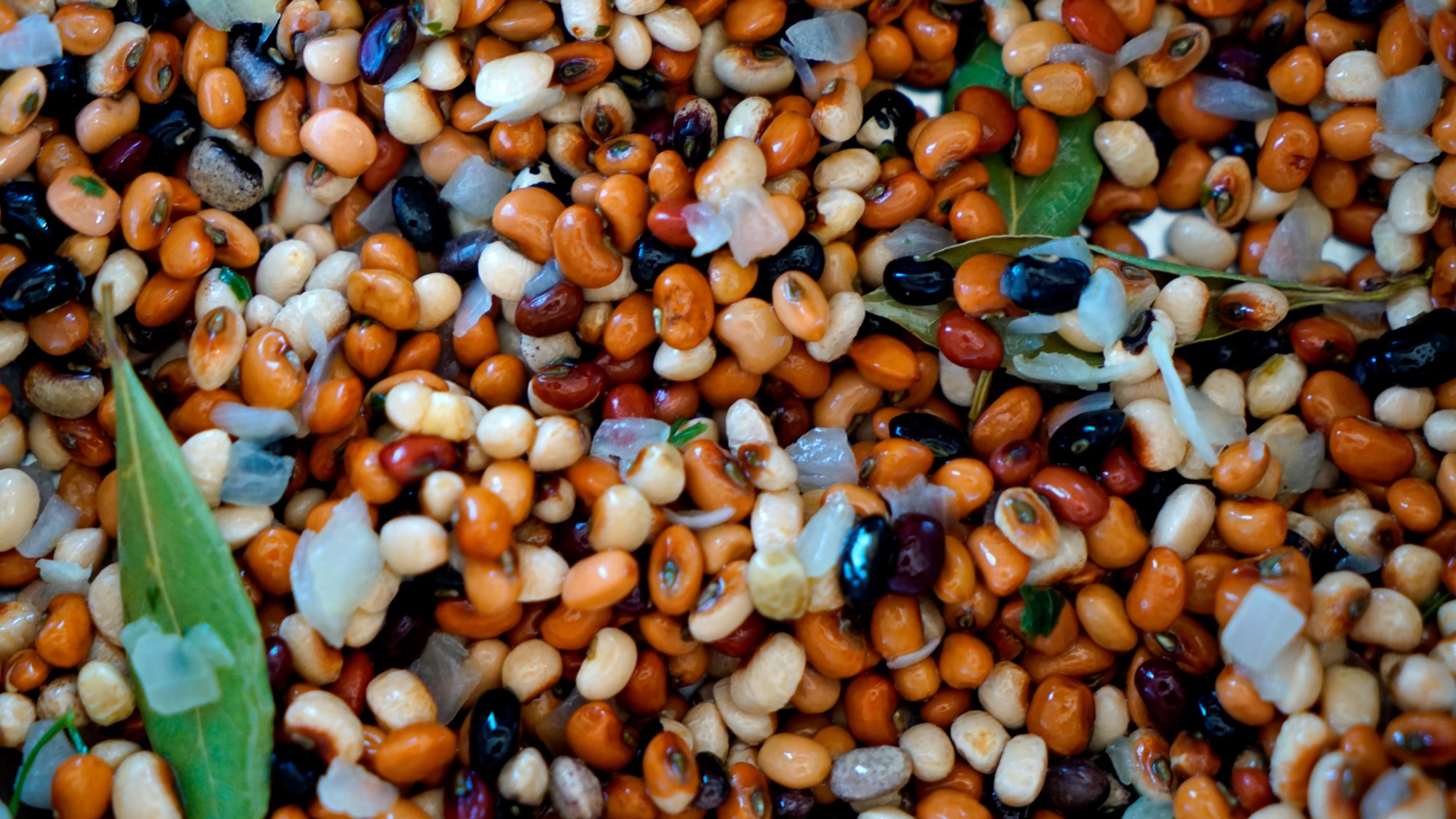 The rise of tinned beans
The rise of tinned beansThe Week Recommends Protein-packed, affordable and easy to cook with, the humble legume is having a moment
-
 4 tips for hosting an ecofriendly Thanksgiving
4 tips for hosting an ecofriendly ThanksgivingThe Week Recommends Coming together for the holidays typically produces a ton of waste, but with proper preparation, you can have an environmentally friendly gathering.
-
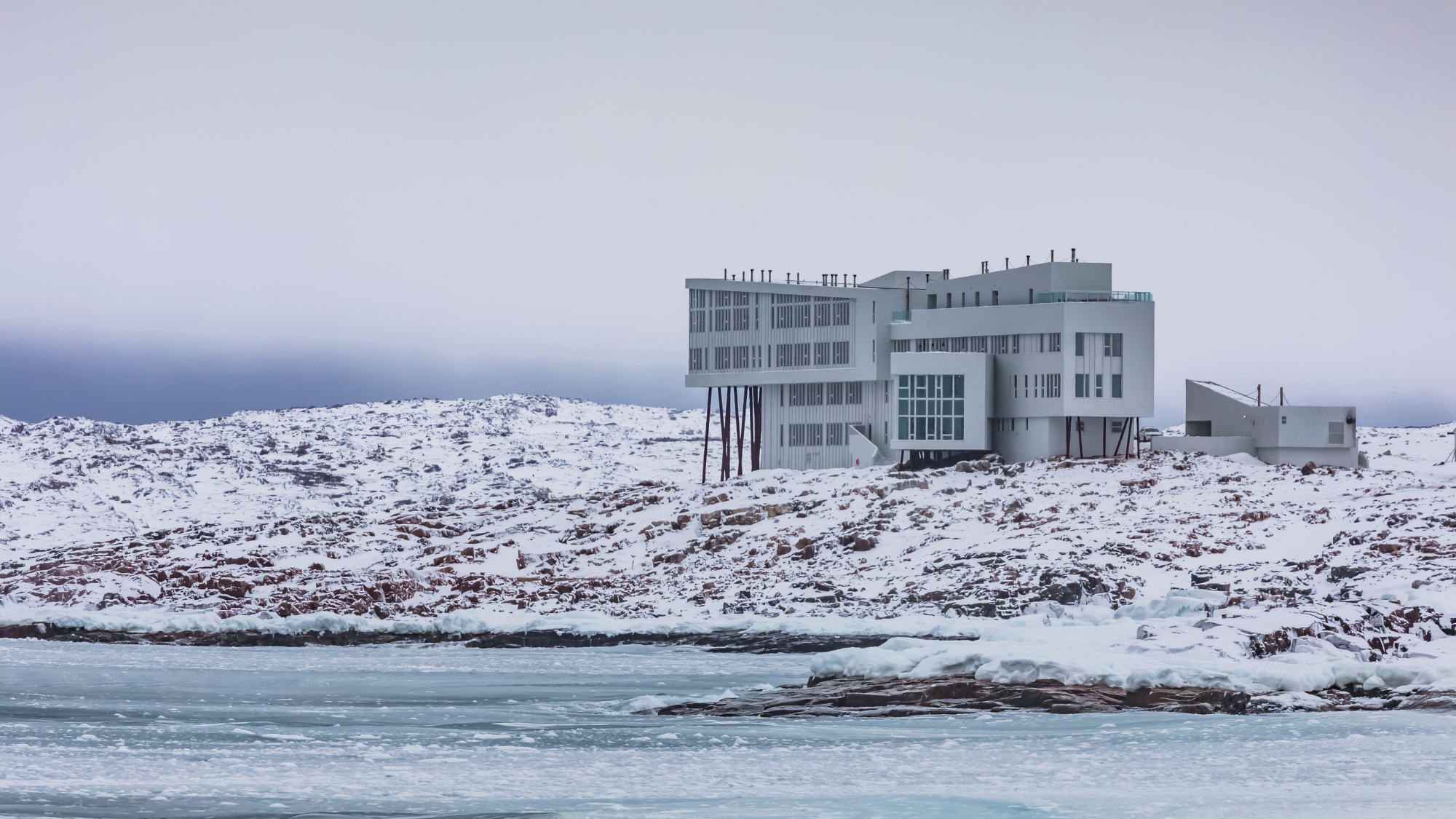 The best eco-friendly hotels around the world
The best eco-friendly hotels around the worldThe Week Recommends These tranquil retreats won't cost the Earth
-
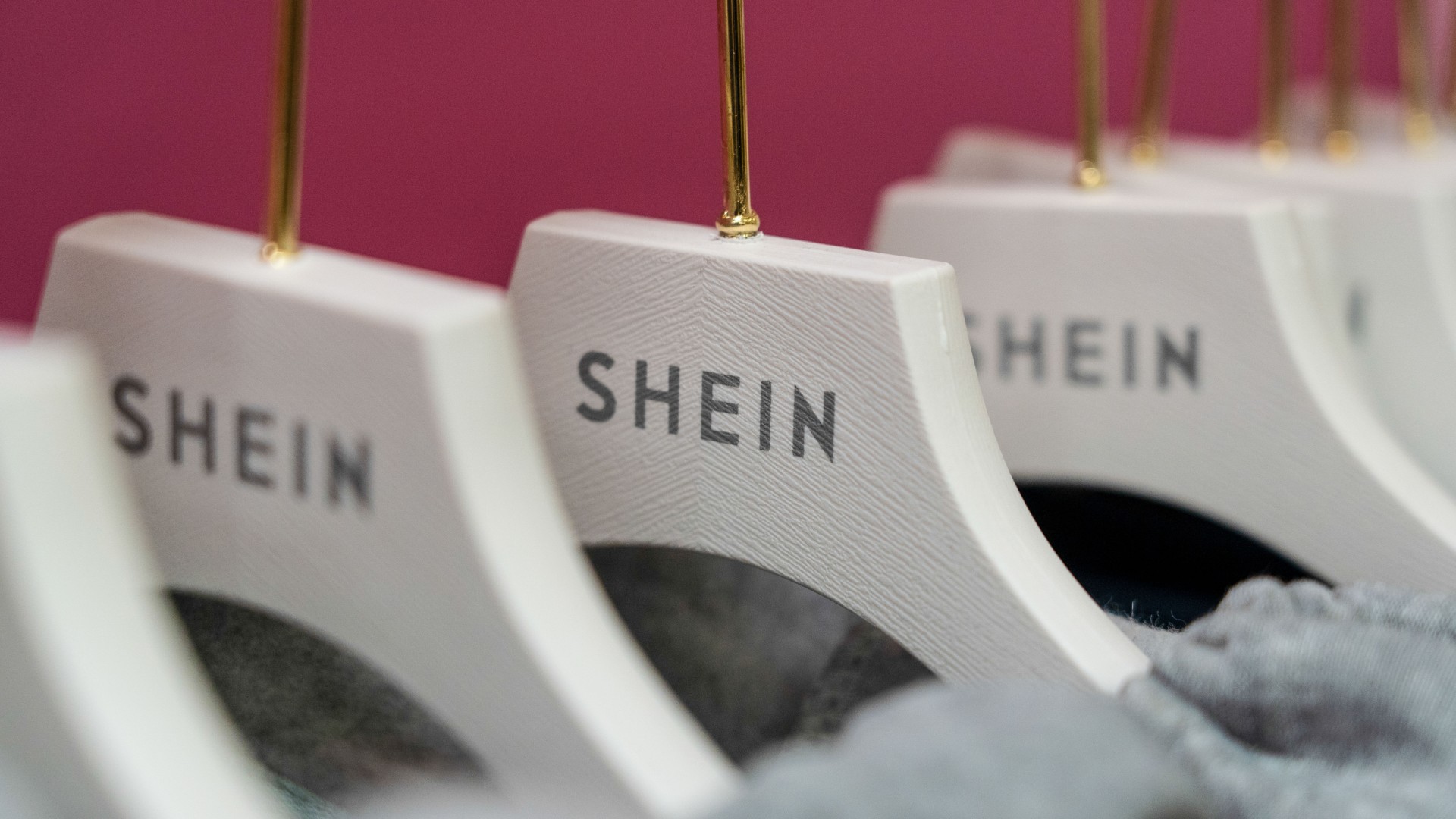 How Shein bucked the trend for sustainable fashion
How Shein bucked the trend for sustainable fashionIn the Spotlight Ethical concerns outweighed by ultra-fast, cheap and disposable clothes, as Chinese retailer prepares for £50bn London listing
-
 The celebrity winners of 2023
The celebrity winners of 2023In the Spotlight Girl power's still got it as Taylor Swift, Barbie and Britney all come out on top
-
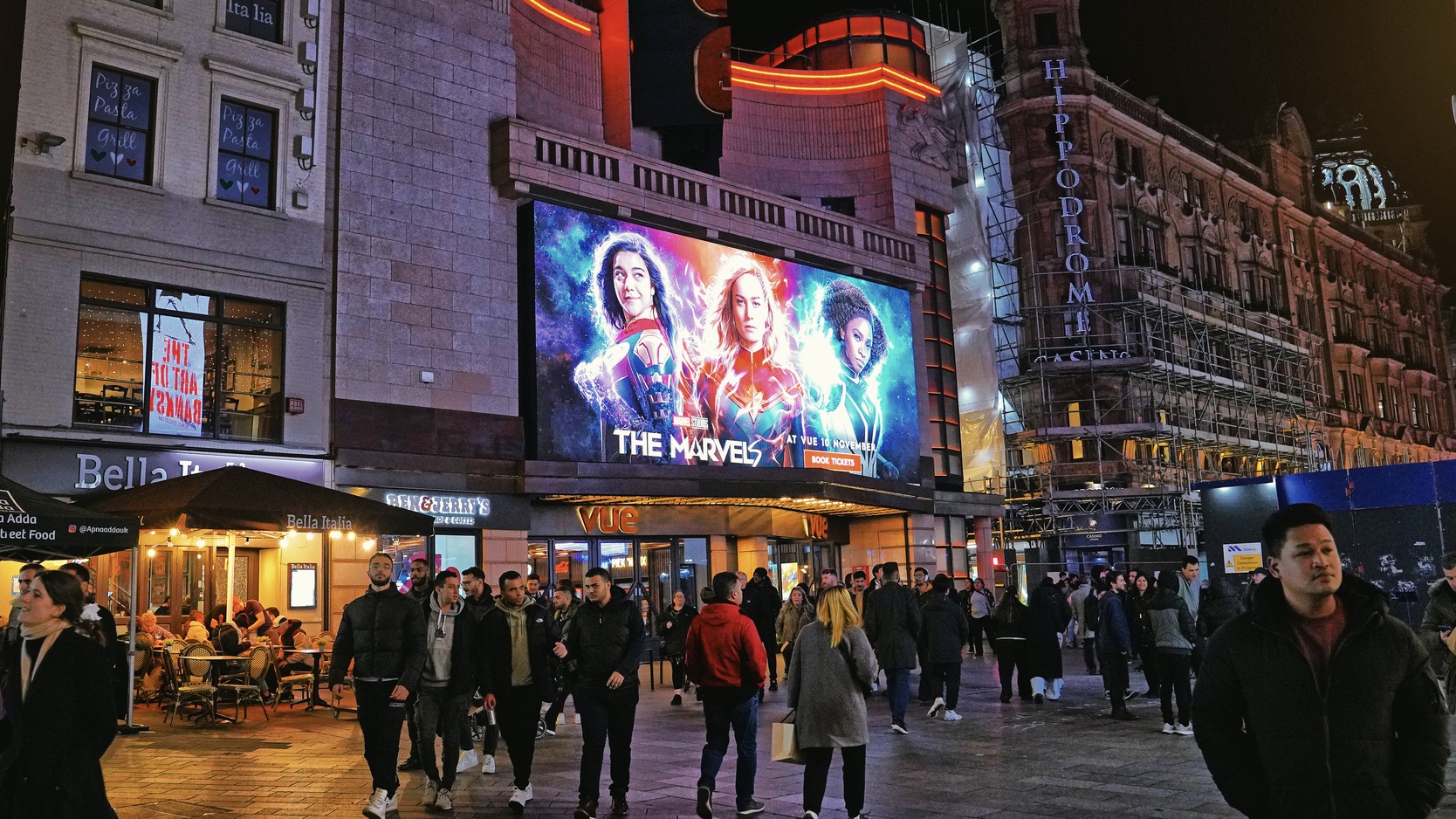 The Marvels flop: end game for superhero box office streak?
The Marvels flop: end game for superhero box office streak?In the Spotlight The 33rd film in the Marvel Cinematic Universe earned just $47 million on its opening weekend, prompting claims of 'superhero fatigue'
-
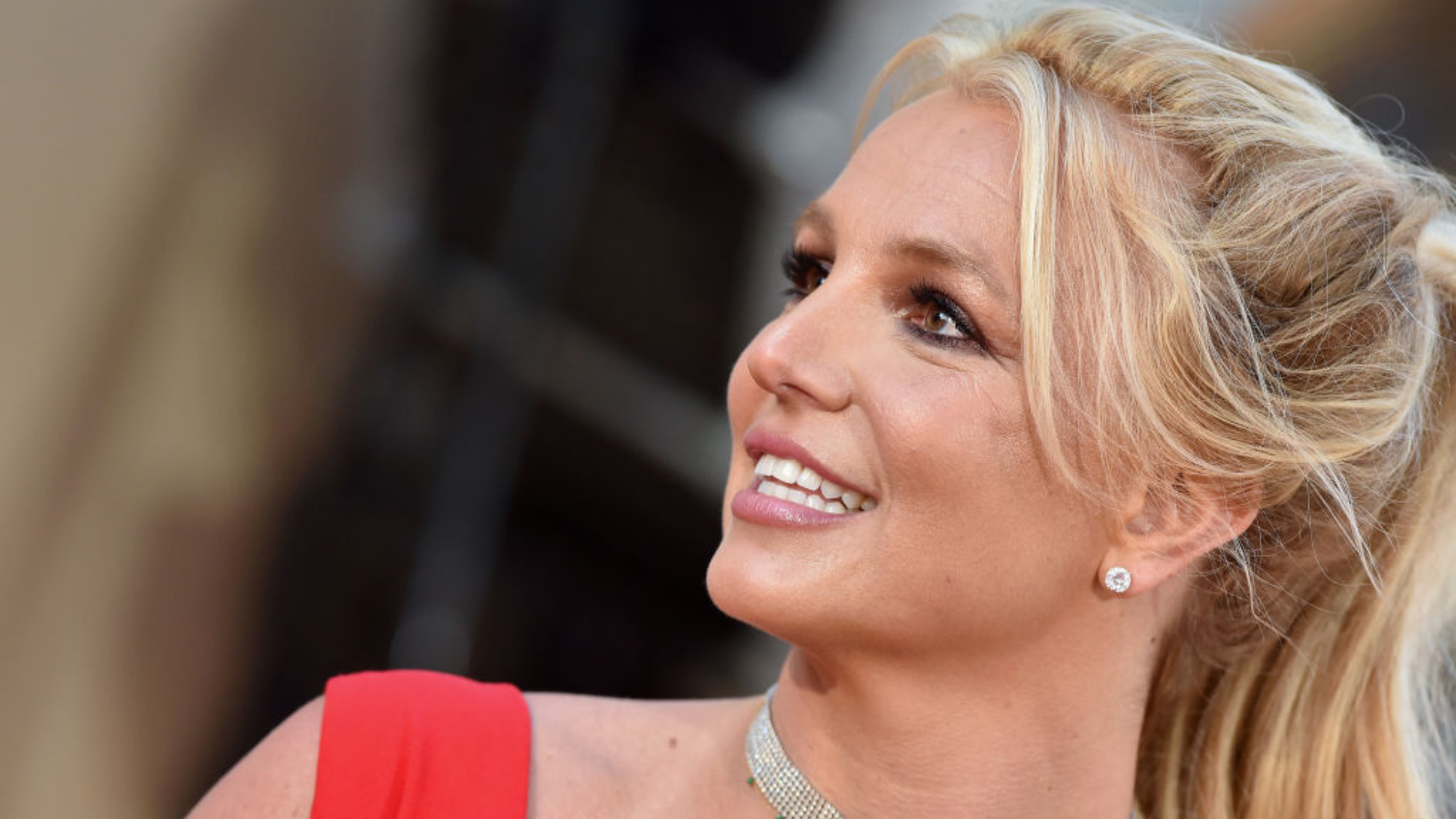 Britney Spears: snippets of star's 'bombshell' memoir released
Britney Spears: snippets of star's 'bombshell' memoir releasedIn the Spotlight 'Tell-all' book to share details of singer's life during her conservatorship and decades-long career
-
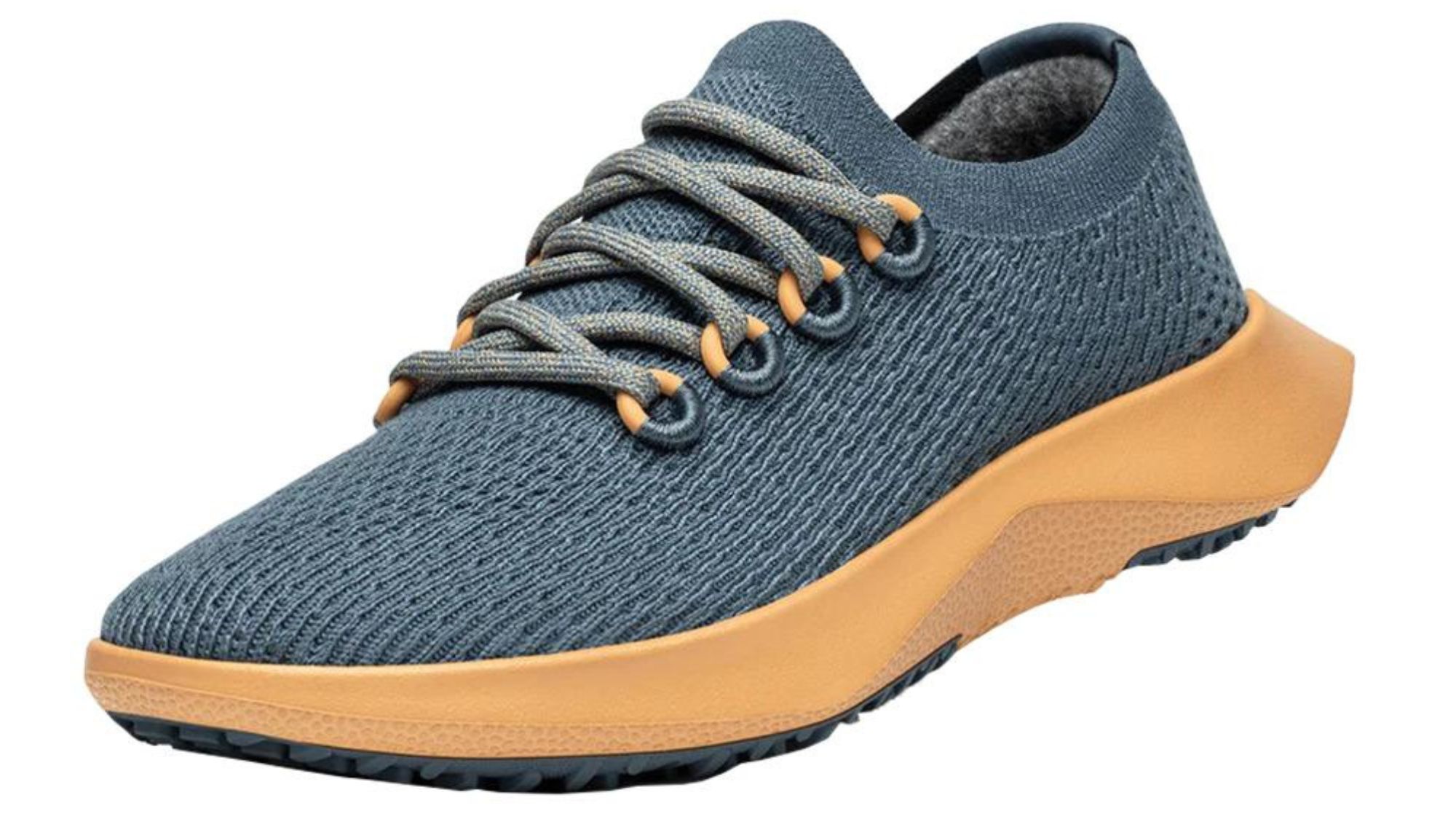 The best sustainable gear
The best sustainable gearThe Week Recommends From a smartwatch and speaker to a laptop and running shoes